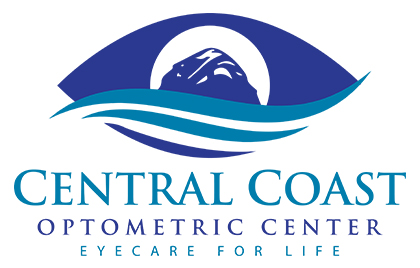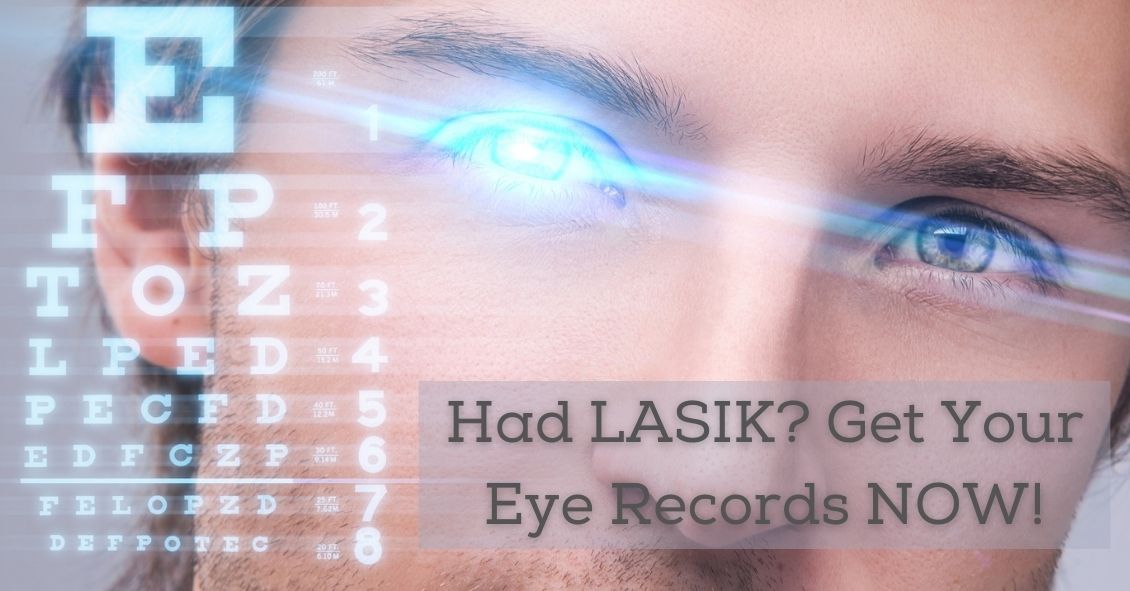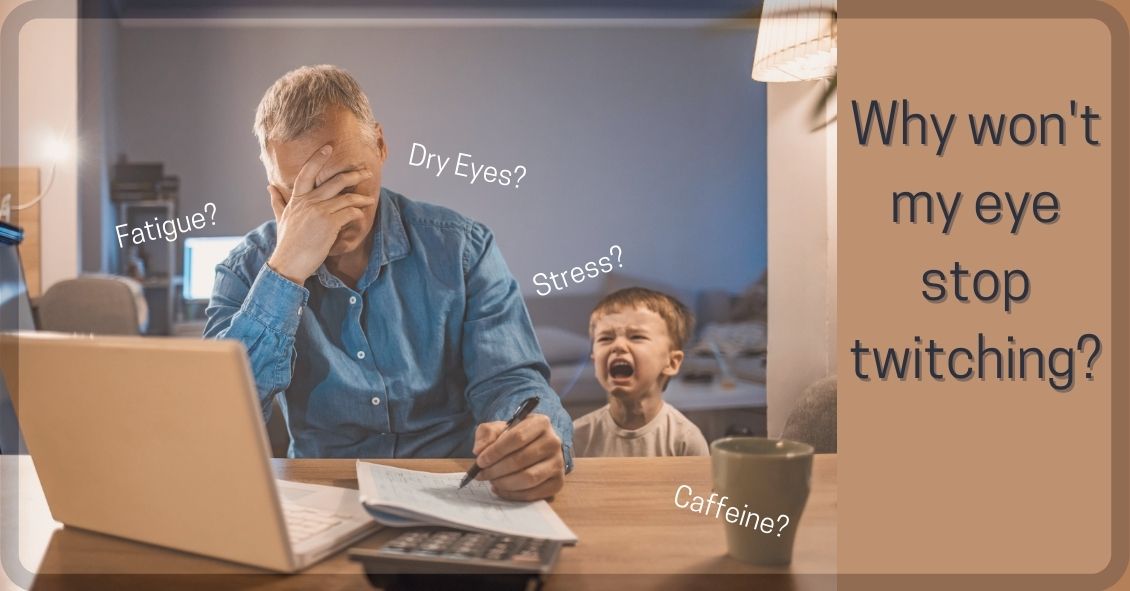No this is not a late-night personal injury lawyer infomercial.
This is a recommendation that you have your LASIK records available, for your own good, later in life.
There are 2 million cataract surgeries done yearly in the U.S. and the odds are, if you live long enough, you will eventually need cataract surgery, too.
What does this have to do with LASIK surgery?
When doctors perform cataract surgery they remove the cataract, which is the lens of your eye that has become cloudy. And they replace that lens with an artificial lens called an Intraocular Lens implant (IOL).
The IOL needs to have a strength to it to match your eye so that things are in focus without the need for strong prescription eyeglasses.
Currently, we determine what the strength the IOL needs to be by using formulas that mostly depend on the measurements of the curvature of the cornea and the length of the eye.
Those formulas work best when the cornea is its natural shape -- i.e., not previously altered in shape from LASIK.
If you plug the “new” post-LASIK corneal shape into the formulas, the IOL strength that comes out is often significantly off the strength you really need to see well.
This is where having your records becomes important.
Knowing what your eyeglass prescription and corneal shape was BEFORE you had LASIK greatly improves our formula’s ability to predict the correct implant strength.
In most states there is a limit to how long a doctor needs to keep your records after your last visit, so everyone who has had LASIK surgery should get a copy of your pre- and post-LASIK records NOW before they no longer exist.
Article contributed by Dr. Brian Wnorowski, M.D.
This blog provides general information and discussion about eye health and related subjects. The words and other content provided in this blog, and in any linked materials, are not intended and should not be construed as medical advice. If the reader or any other person has a medical concern, he or she should consult with an appropriately licensed physician. The content of this blog cannot be reproduced or duplicated without the express written consent of Eye IQ.




